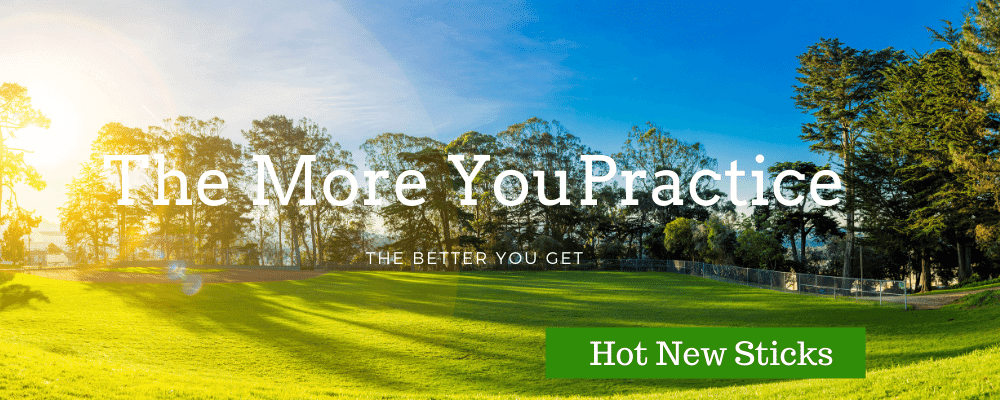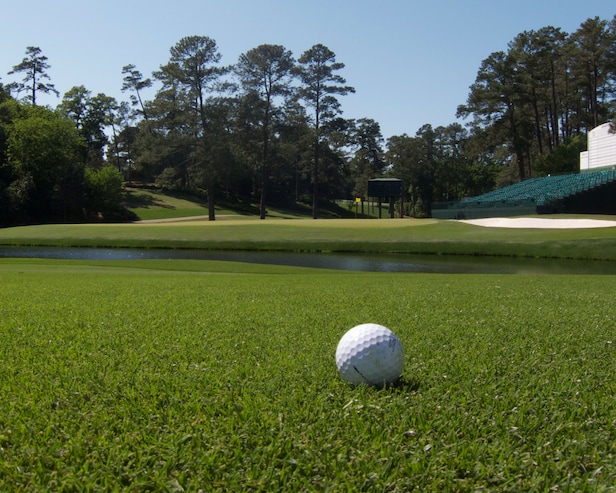Products You May Like
Except for the identity of the player slipping on the green jacket, when we watch the Masters each April, we do so knowing in advance what we’re about to see. There’s a certainty we’ve come to expect, perhaps even count on. The manual leader boards. The caddies in their white jumpsuits. The azaleas. The patrons and their folding chairs. Rae’s Creek. The long, narrow tunnel that connects the 18th tee and fairway. These are the images we crave, comfort food that hungry Masters fans eat up year after year.
Which is what makes next week’s tournament so fascinating. For the first time in forever, we don’t know what it is we’re about to see at Augusta National. They’ve never played the Masters in November, never held the tournament without spectators. What will it look like? How different will it feel?
To answer these questions, we enlisted our staffers who’ve had the good fortune of playing Augusta National the day after the Masters, via the annual media lottery, to submit photos from their rounds. There are, of course, no spectators in any of them, which allows us to visualize how the Masters will look as we watch it this fall. (The lone glitch in this endeavor: There will be no grandstands, empty or otherwise, next week, thus revealing even more of the Augusta National’s natural landscapes.) For each image, we’ve found a reasonable match from past Masters to offer another visual cue regarding to what will be different about this fanless major.
Fans help provide some visual definition to the approach on the first hole—and a physical backstop for shots that go long.
What’s most noticeable when playing the approach into the par-5 second is how clearly the seventh green is visible in the distance.
The tee shot on the par-4 third hole will feel a little less claustrophobic.
Without fans behind the sixth green, this par 3 tends to look like it will play longer than its listed 180 yards from the Masters tees.
On the par-5 eighth hole, the lack of fans lining the tee box isn’t likely to have a significant impact.
Players will come to appreciate quickly that having patrons around the ninth green has been a big help when their approach shot misses the putting surface. A shot into the gallery tends to stop relatively close to the green, improving the chances of players getting up and down. Without patrons, poor shots will likely to run to awkward spots that players aren’t accustomed to scrambling from.
There was always a low murmur coming from the outdoor dining area behind the Augusta National clubhouse, but it never seemed to interfere with play off the nearby first and 10th tees.
Going long is a no-no when hitting your approach on the par-4 10th, and that will be even more true without spectators there to stop shots that are overcooked.
What you see in back of the iconic par-3 12th won’t change—since there has never been patrons behind the green—but what you hear could be very different on the tee without the large grandstand nearby.
The area around the green on the par-5 15th will look different without grandstands, but the approach shot shouldn’t play any different since fans weren’t in the line of sight.
Where the 15th will feel different is walking up to the green and putting, where the silence is sure to be noticeable.
One practice-round tradition that’s likely to go missing with a fanless Masters: skimming tee shots off the water on the par-3 16th.
The amphitheater that surrounds the 16th green usually makes it one of the loudest places on the course.
Many will argue there is no more visually intimidating tee shot at Augusta National than the 18th, where you feel like you can barely drive a motorcycle down the narrow chute—let alone a golf ball. Without patrons lining the tee box, it will be just as tough.
The 18th green, site of so many memorable Masters moments, could see the biggest impact. Of course there still will be pressure for anyone trying to close out a major victory on the hole, but without spectators there, the moment so many golfers have dreamt about—a putt to win the Masters—will feel quite different.


